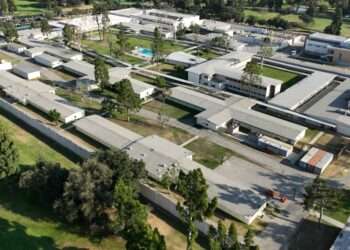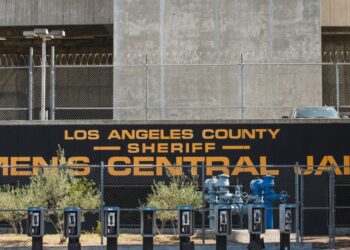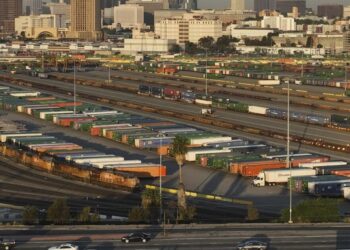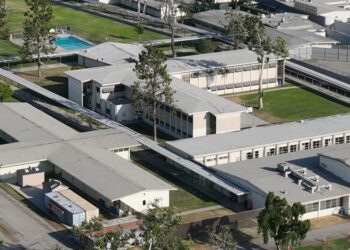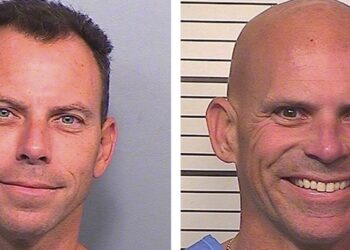Q. Hi Honk: Many freeways were built in the 1960s – now 60 years ago. I see lots of patches of patches of patches on the freeways. Are there any guidelines that say, maybe, after 60 years, a freeway is resurfaced rather than just patched?
– Mike Jasiewicz, Laguna Niguel
A. There is no set timetable as to when a stretch of freeway is resurfaced or replaced, Mike.
In short, Caltrans says it repairs or resurfaces stretches of the freeway based on prioritized needs, with preservation and how the lanes will age also considered – and how much money is available from the state and federal governments.
Asphalt is typically resurfaced every five to 10 years, while the more-durable concrete slabs are replaced depending on their conditions. Whether asphalt or concrete was deployed depends on various factors, including the soil below.
Q. Every day I am seeing at minimum five to 10 expired registration tags, some as old as January 2022. Can you tell me if there is still some sort of moratorium on tags, if the police just don’t care or another reason? In the past, you have given readers information on how to report those who have out-of-state license plates, but shouldn’t. Is there a way to report expired tags?
– Andrew Gallimore, Huntington Beach
A. Catching motorists who have moved here but not paid for California license plates is tough, unless they are pulled over and a cop figures it out. So the California Highway Patrol does indeed have a website where violators can be anonymously turned in. To find it, Google “California Highway Patrol Registration Enforcement and Guidance Program.”
But determining those with California plates with delinquent registration tags is pretty easy.
Vehicle owners can’t renew the registration until getting any required smog check and paying for any lagging registration fees – and the penalties. If an owner didn’t tell the Department of Motor Vehicles ahead of the time the vehicle was not going to be on public…
Read the full article here


